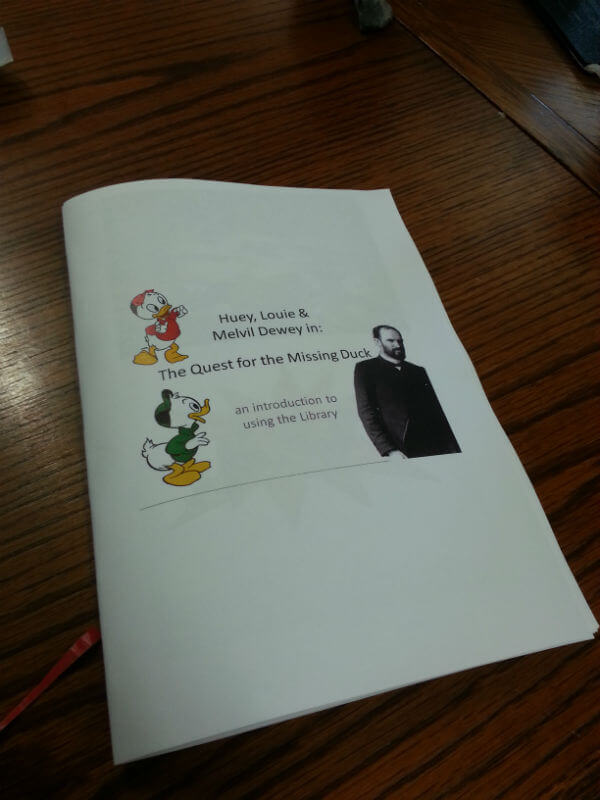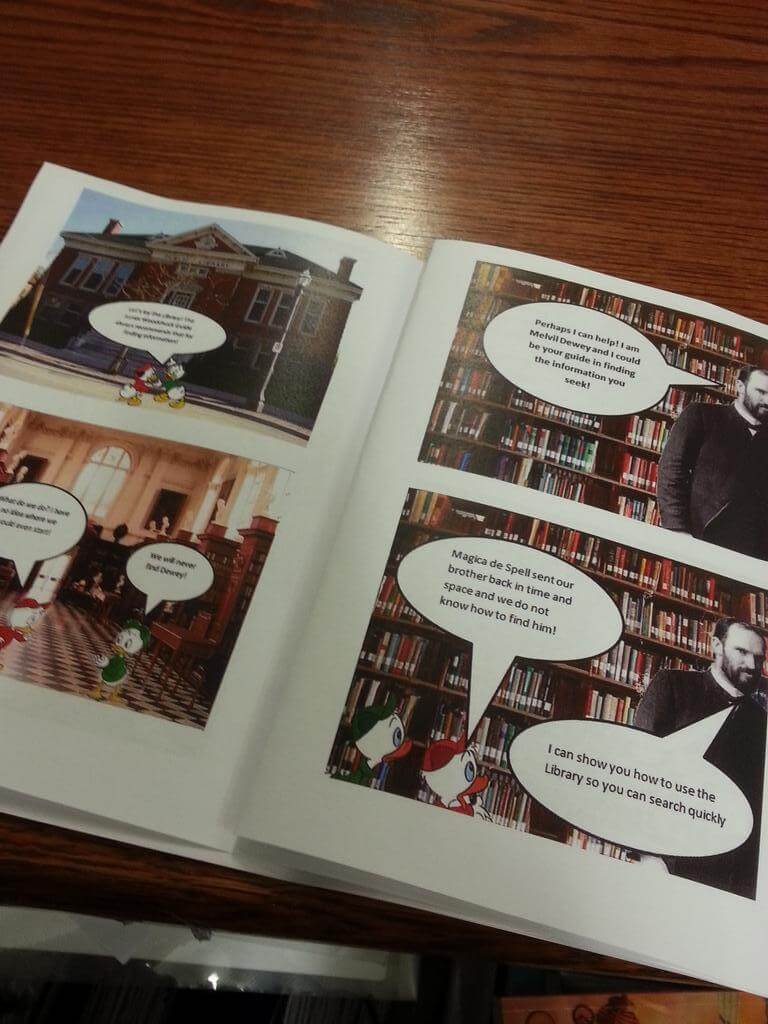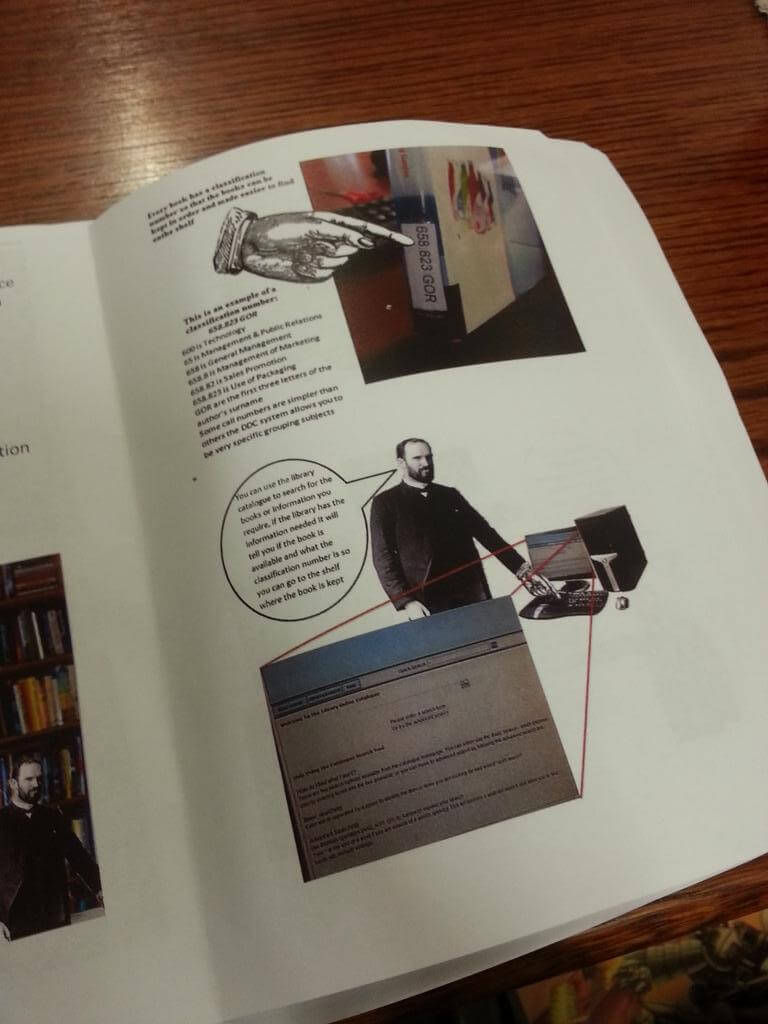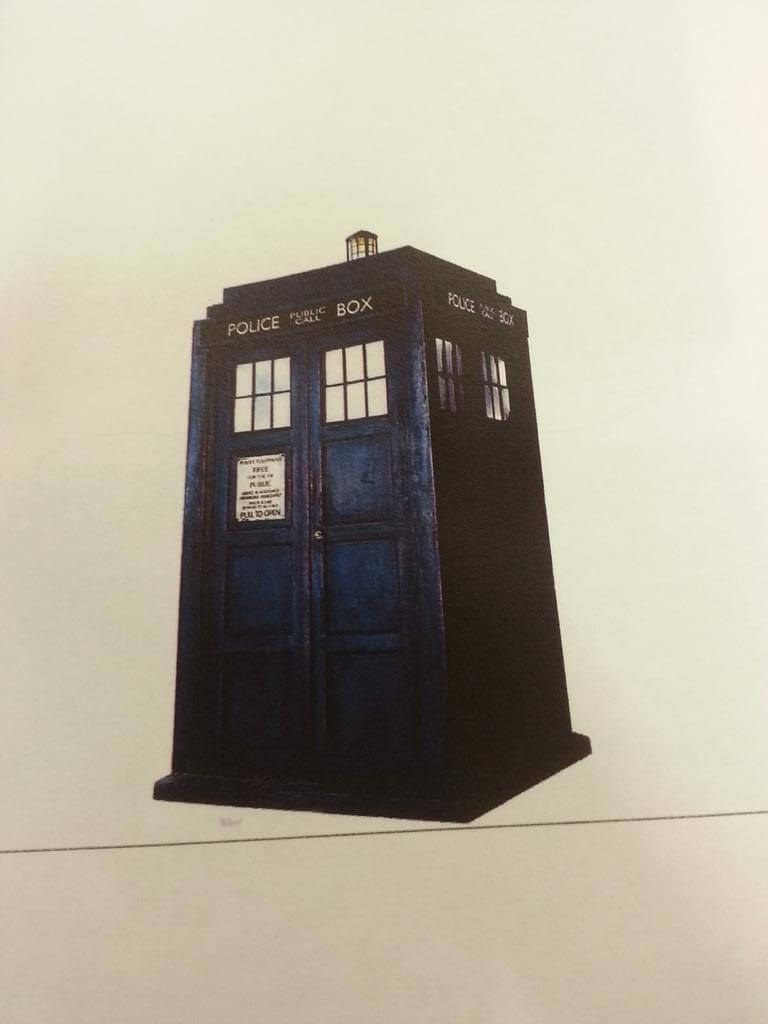Who is The Bookstart Bear?

30 years ago The Bookstart Bear was introduced as the national mascot for the BookTrust’s Bookstart programme as part of their resources to encourage families to read and share stories with their children as early as possible.
As a result of brand refresh in 2020, BookTrust began phasing out the Bookstart Bear character and introduced a range of new characters to ensure their resources would continue to appeal to families today and in the future.
Many local authorities and libraries have continued to use the Bookstart Bear character in their own activities and we are happy for them to do so for as long as they find it a helpful tool to engage with their local families.
Other libraries and local authorities have started creating their own characters to engage with families and young readers.
This brings us to Tala the Storyteller.
Who is Tala?

Tala the Storyteller is a friendly alien who likes to go on journeys, seeking out stories and rhymes to share with children.
Tala was created by local artists Emma Phillips and Eva Povey using funds from an Arts Council National Lottery Project Grant for Hertfordshire County Council. They worked with families through interactive workshops to find out what appeals to young children and used these ideas in their design.
Tala is an alien child and as such is neither male or female (allowing children of any gender to identify with them).
Who is Maya Forstater?
Maya Forstater is a British business and international development researcher who is the claimant in Maya Forstater v Centre for Global Development.
On September 29th Maya Forstater tweeted:
The accusation that Tala was a trans bear set off a global firestorm on social media. Hitchin Library tried to answer the questions posed by Maya’s tweet
Even the official twitter account for the Hertfordshire County Council tried to intervene and calm things
but to no avail.
Over the next few days Maya doubled down and hammering at Hitchin Library and Tala the Storyteller, trying to foment an gender critical uprising against a reading mascot that was created with input from young people from the community it served.
Tala the Storyteller seems to be becoming the most recognized reading mascot around the world. With news organizations from Hitchin News Hub & Pink News to conservative outlets the New York Post, the Daily Mail and more covering the story.
Defenders of Herts Libraries and Tala include
Maureen Johnson
Billy Bragg
Danny Pearson
Joanne Harris
and a whole raft of believers in equality and equity of representation and access.
This attack on Tala the Storyteller is just another front in the culture war against libraries being welcoming and inclusive that has opened up.
Way back in 2010 I was honoured to serve as an avatar of the Bookstart Bear. Over the last 30 years, many of my colleagues have done the same, some female, some male (like me) and others whose genders I did not know. Did this make the Bookstart Bear genderfluid or trans? Who cares? If the question had been asked even a few years ago it would have been ridiculed as people making a fuss over Tala have been ridiculed and called out today.

Once the dust of this overhyped non-controversy has settled and exclusionary gender critters have moved on to another target Hertfordshire Libraries will still be running family library events with Tala and BookTrust will still be offering support and resources to those who need them most. You can find out about some if these below.
Earlier this year BookTrust developed a new pilot, Bookstart Toddler and Bookstart Pre-schooler which are packs and resources specifically aimed at disadvantaged children and families and will be delivered through targeted approaches by a range of nurseries and children’s centres to ensure we reach children most in need. Last year they launched a new pilot library initiative BookTrust Storytime. Aimed at families with children aged 0-5, especially those who are disadvantaged, BookTrust Storytime is designed to support families to share stories together and make visiting the library a regular part of family life.










